California Doer: Dr. Stefan I. Zweig Lives the Dream in the Golden State
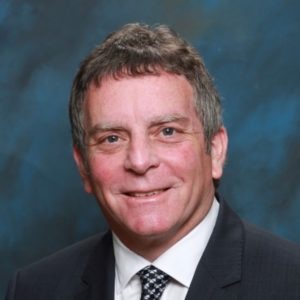 By Elisabeth Lisican
By Elisabeth Lisican
Newly installed AAE President Dr. Stefan I. Zweig was born in Brooklyn, NY. But make no mistake, he is a Californian through and through — from his childhood to present day. Dr. Zweig graduated from UCLA in 1982 with a B.S. in Biochemistry. He received his dental degree from the University of Southern California in 1986 and his Certificate in Endodontics from USC in 1992. He maintained a faculty position at USC from 1992 until 1998 in the Department of Endodontics during which time he served as the Assistant Director of Graduate Endodontics.
Dr. Zweig is a Past President of the Southern California Academy of Endodontists and The California Association of Endodontists. He has served on the Interdisciplinary Committee of the California Dental Association, on numerous AAE Committees, and on the Board of Directors of the American Association of Endodontists. He is a Fellow of the American College of Dentists and the Pierre Fauchard Academy. Dr. Zweig has lectured locally, nationally, and internationally in the field of endodontics.
Currently, Dr. Zweig serves as an Associate Professor of Clinical Dentistry, Department of Endodontics and Periodontics, at the Herman Ostrow School of Dentistry of the University of Southern California.
California Kid
Dr. Zweig had what he calls a typical suburban, middle-class childhood, growing up in the San Fernando Valley area of Los Angeles with his parents and two sisters.
“It was a great place to grow up,” he said. “Very hot in the summer, but a place you could leave home on your bicycle in the early morning and as long as you were home for dinner, everything was OK.”
Dr. Zweig’s mother was a stay-at-home mom, and his father was an attorney who worked for a large, Fortune 500 aerospace company.
“I went to a diverse public high school, and it was just a simple kind of life. We were all just friends, no matter what our backgrounds were.”
An athlete, Dr. Zweig’s sport was track and field, a sprinter.
He did not aspire to continue with athletics in college, but one thing he always knew was that he wanted to attend UCLA.
“I really wanted to go to a big university, and I had an incredible opportunity — my last year of high school I split my time between high school and college. After school me and my friends would drive as fast as we could over the hill to UCLA. It was a real thrill and privilege to be able to attend college while we were in high school. I fell in love with the campus, and I was always a UCLA fan so when time came to go to college, which is where I really wanted to go.”
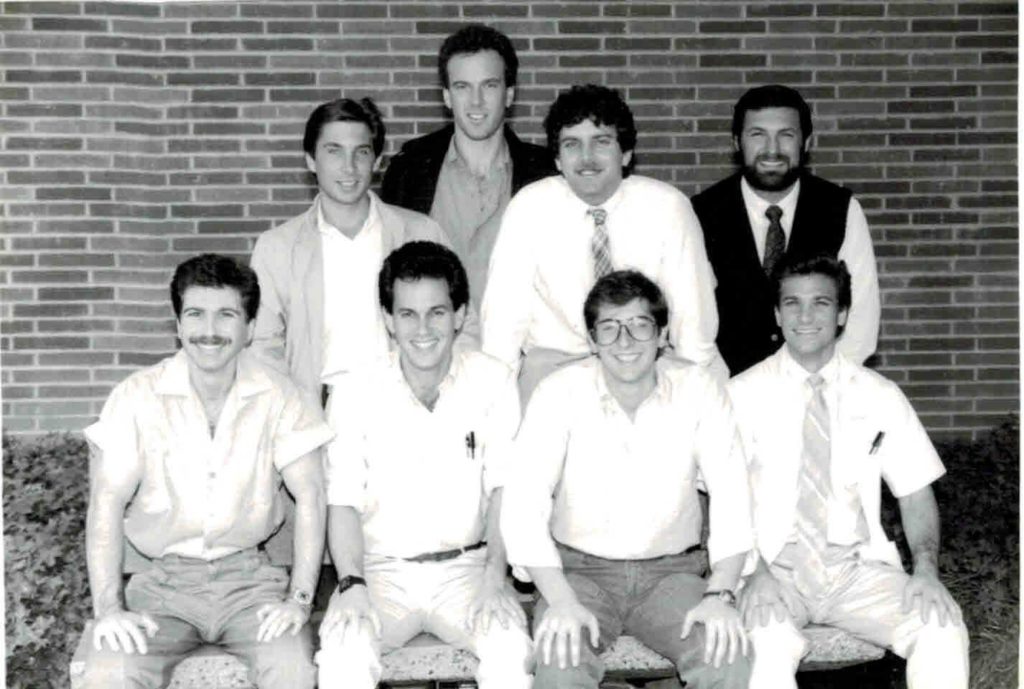
Dr. Zweig pictured: Top row, second from right.
Mr. Fix-It
Something else Dr. Zweig knew early in life: he wanted to be a dentist.
“There are absolutely no dentists in my family that I know of,” he said. “So, it might seem kind of unusual that I would do something that no other family member ever did.”
And yet, it made sense, given the fact that Dr. Zweig was good with his hands — something he can attribute to his family’s DIY nature.
“In our family, we did everything ourselves,” he said. “We painted our own house, we did our own plumbing, we fixed our own cars, and we did our own gardening. It was something that my father would always do, and I helped him. I became handy around the house. My hobby growing up was building model ships. I always knew that I had an ability and an aptitude with my hands.”
Dr. Zweig also spent a fair amount of time in the dental office, thanks to his complicated orthodontic case, so he was privy to the dental world.
“Watching my orthodontist bend wires and explain to me the engineering aspect of orthodontics…I felt like my love of science and my abilities went well with dentistry,” he said. “And the interest that I built up from being a patient really helped, too. I also knew a few people in college who were working towards becoming dentists, and we bonded together. I think it just all fell together. I never thought of anything else, I was laser focused on being a dentist, beginning when I was in junior high school. I really followed through.”
Dentures vs. Dentition
Dr. Zweig also knew he wanted to be an educator. When he graduated dental school, he had an opportunity to be an adjunct professor at USC.
“And interestingly enough, what I taught was Removable Prosthodontics, so basically I was helping students make dentures and partial dentures, which is the complete opposite of endodontics.”
But this work helped lead him to an important realization: saving natural teeth is critically important.
“I learned enough about it to know that, if you need [dentures] you have to have them, but really, you want to avoid them at all costs, because it’s really difficult to wear those prostheses – even if they’re well made.”
With general dentistry changing so rapidly immediately after Dr. Zweig graduated from dental school, he realized it would be in his best interest to become a specialist.
“I knew I wanted to be a specialist – to focus in on one thing and get some advanced training in that,” he said. “And be an expert.”
For a moment in time, Dr. Zweig thought he might be a prosthodontist, “but I always enjoyed endodontics and I did some of my own endo as a general dentist … and it really intrigued me, and there were technical aspects that were appealing to me.”
Support Systems
Therefore, in 1990, he went for it – crediting his wife, Judy, a dental hygienist he met in dental school, for her support and encouragement.
“I was married but didn’t have any kids; and my wife said, ‘now’s the time; go for it, I will support you’, and I am so appreciative to her for that. She was already in working in dentistry. We were newlyweds, and she said, ‘go, go right ahead and do it.’ She supported me to pursue endodontics.”
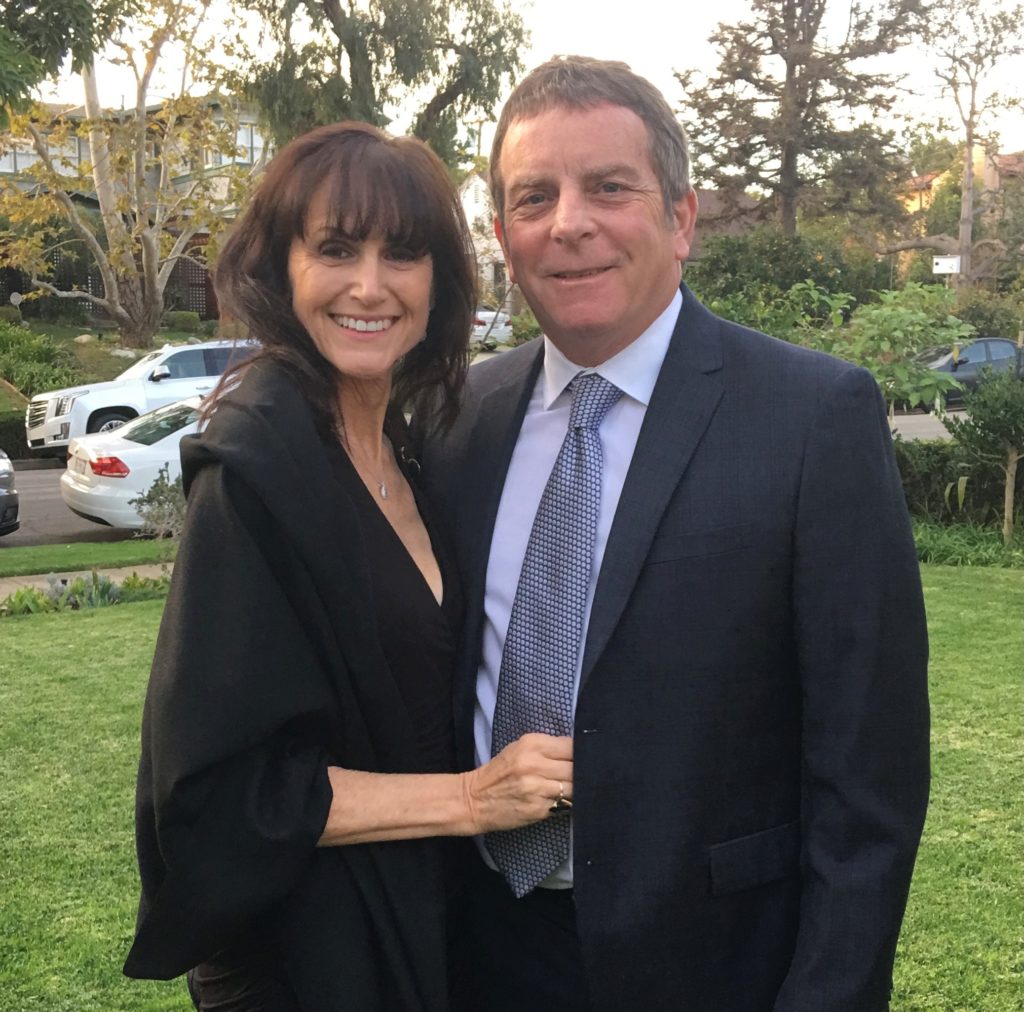
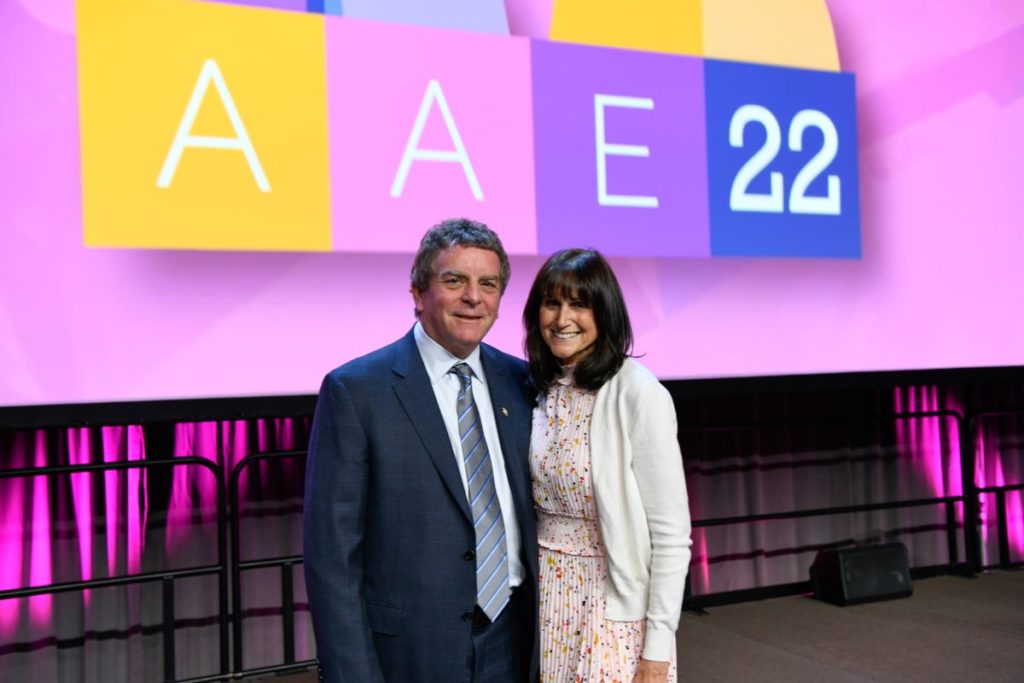
He also credits his daughters for always making him proud.
“My two daughters are fantastic, and I love them very much. They have always been a joy. My younger one, she is in law school, and my older one works for Pinterest. They have been so supportive of me.”
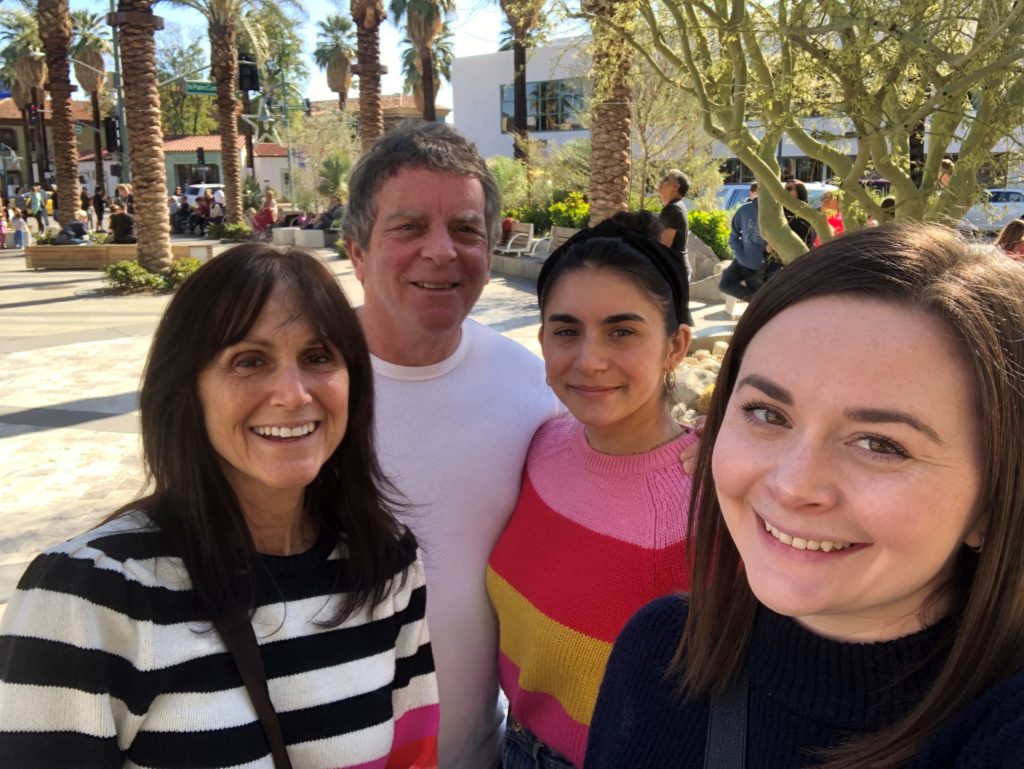
In terms of the endodontic world, Dr. Zweig credits several people for their support and mentorship.
“I must credit my mentor and program director, Dr. Marwan Abou-Rass, who really was just a strong educator and a very enthusiastic advocate and innovator in endodontics. He really inspired us through some very firm encouragement — old school encouragement to really become excellent clinicians.”
Dr. Zweig also gives a nod to several AAE Past Presidents: Drs. Al Frank, Dudley Glick, Mahmoud Torabinejad and Alan Gluskin.
“Dr. Gluskin, like a father figure — I do not want to say a father because he is not old enough, but just so supportive of everything that I do. We are like brothers. He cares so much about what I do and how I do it.”
And it was Dr. Torabinejad who introduced Dr. Zweig into the AAE, through a Clinical Affairs Committee appointment in 2003.
“I never had really thought about serving; I was inexperienced, and I was young. I had some leadership roles in the past,” Dr. Zweig said. “He asked me to do it and it intrigued me. I made that first pilgrimage to AAE Headquarters Chicago, and I was sitting in this room with people who were all just so smart and so dedicated.”
And the rest is history. Once he finished that first committee appointment, Dr. Zweig wanted to serve on other committees. He served on the Membership Services Committee for many years and credits AAE members and staff for their dedication to our specialty.
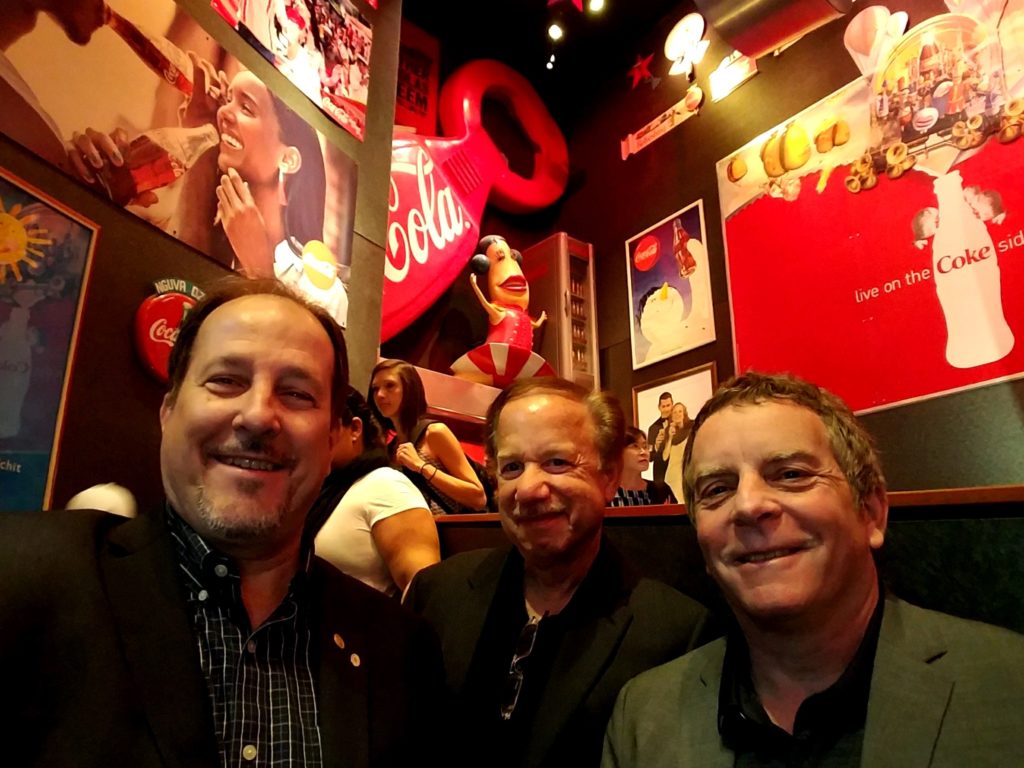
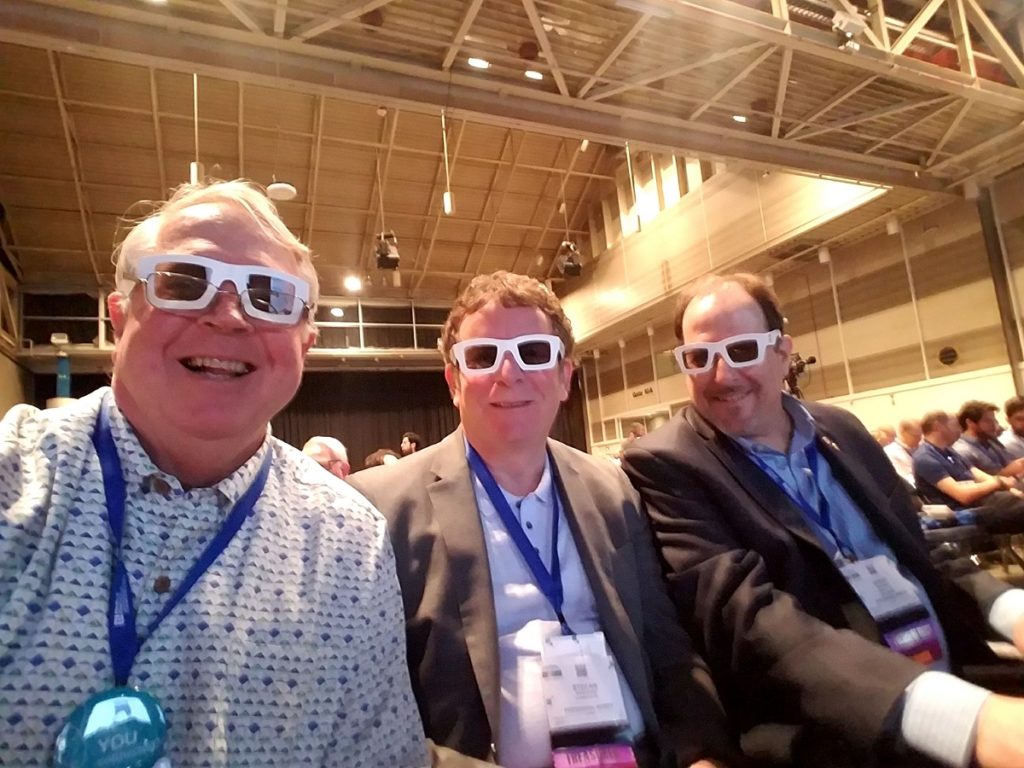
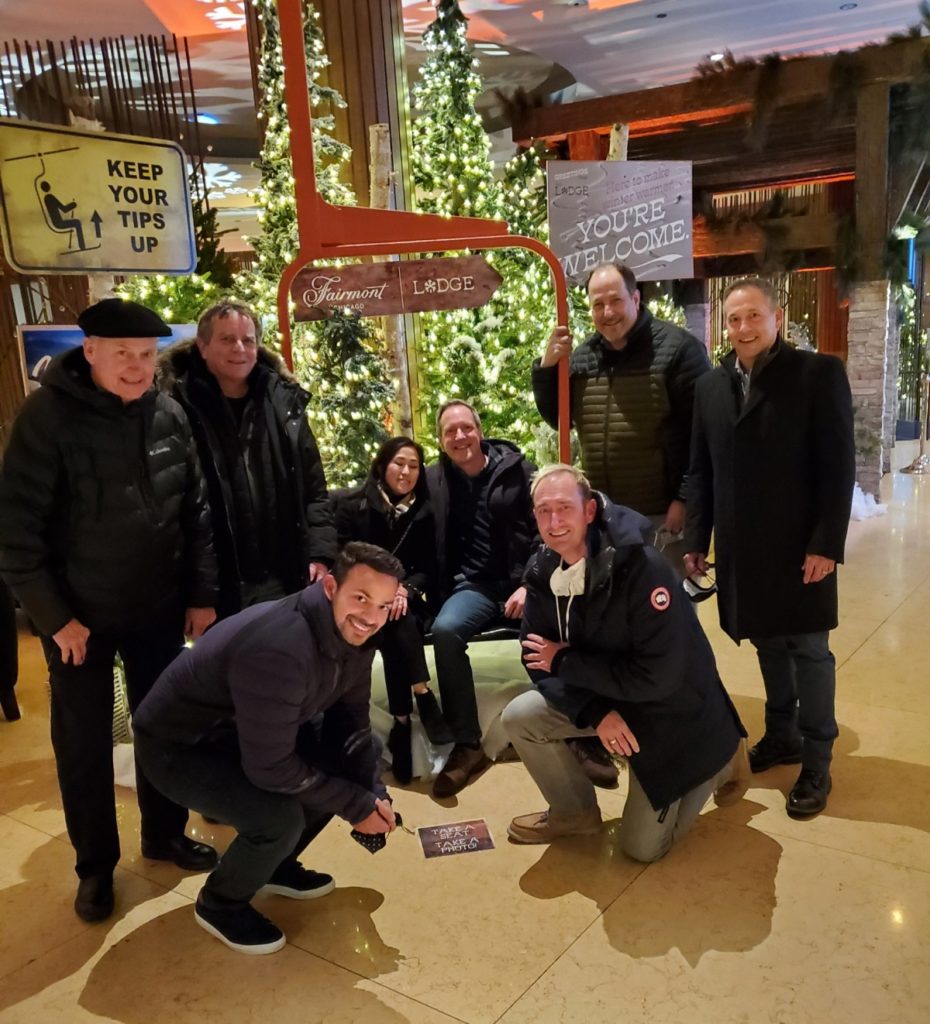
Timekeeper
When he is not making a difference in the world of endodontics, Dr. Zweig can be found on the golf course – or perhaps admiring his large vintage watch collection.
“Watches always interested me because they’re so mechanical and so small,” he said. “My wife and I used to spend a lot of time at swap meets. We would buy antique furniture. As a byproduct, I got into buying antique watches. Just the history of them, they are so interesting. I would buy dozens of them; some of them worked, some of them did not. At one point, I thought I might become a watchmaker. I did not quite do that, but I would like to someday. I would fix what I could.”
But make no mistake, Dr. Zweig is no anachronism. He is very future focused; in fact, his vision for his Presidency is to embrace change and create progress.
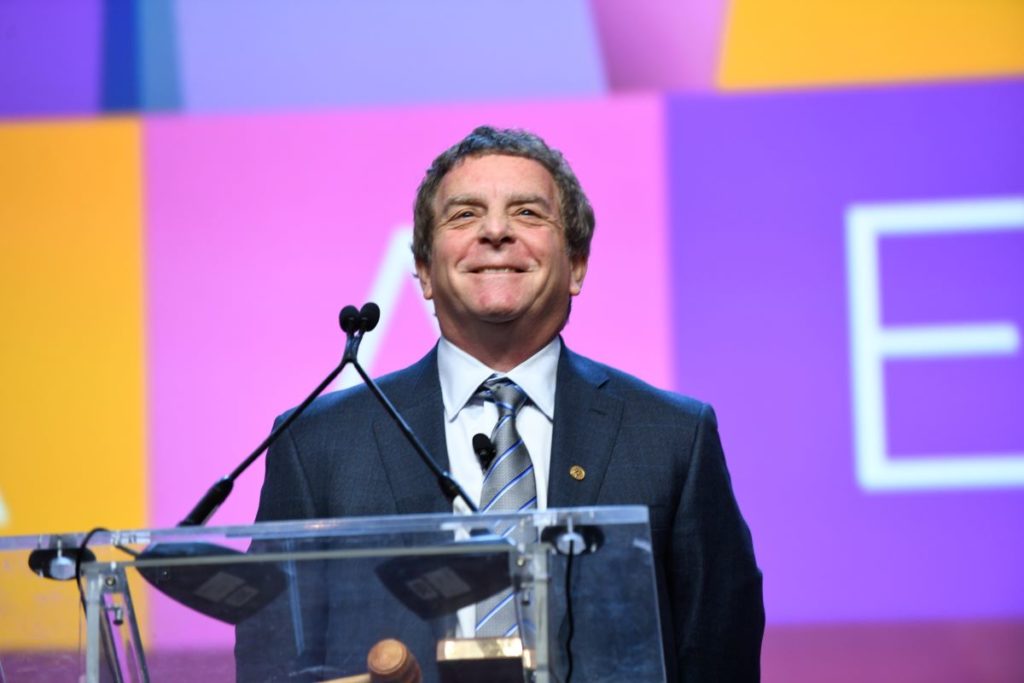
“We have so many important projects going on at the AAE, and I think the most important reason we work so hard is to keep our organization strong and adaptive to change.”
Though he is not (yet) a watchmaker, as President, Dr. Zweig will make sure the AAE’s proverbial clock has not stopped, frozen in time.
“For my tenure as president, if you wanted to wrap it up in one statement: To embrace change and to leverage it to move forward. Because nothing stays the same. If you overlook the fact that we need change to have progress, you are always going to be standing still, and you are most likely going to be moving backwards.”




